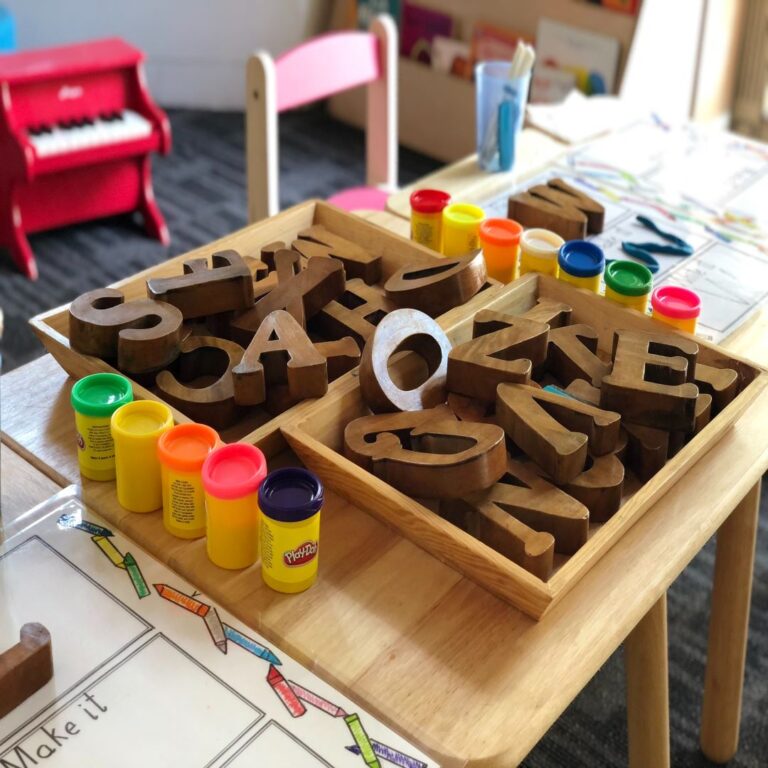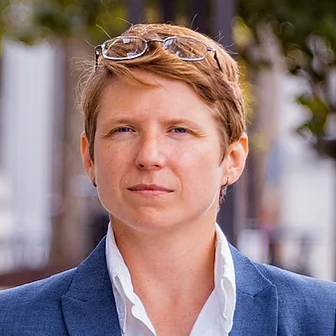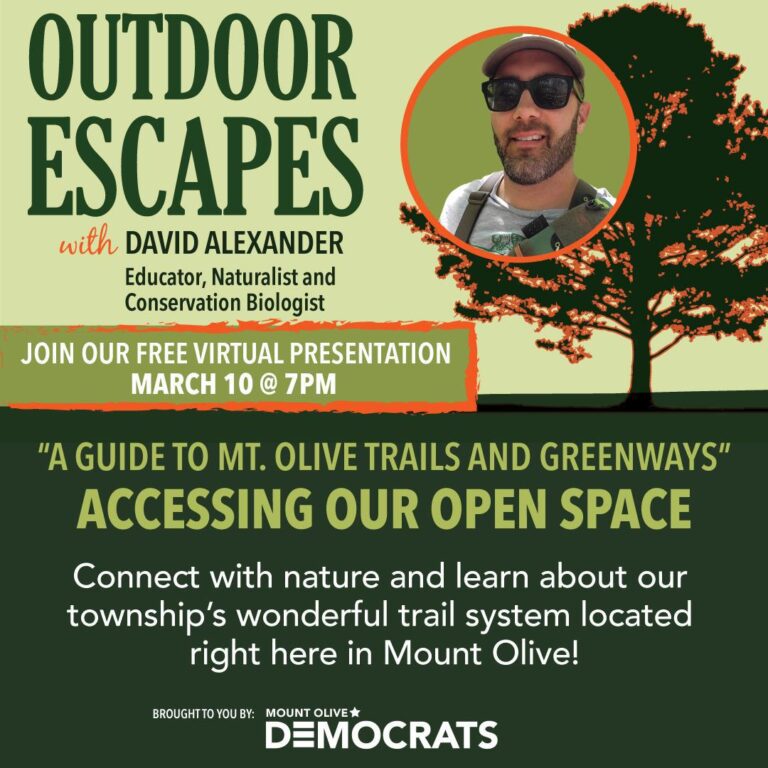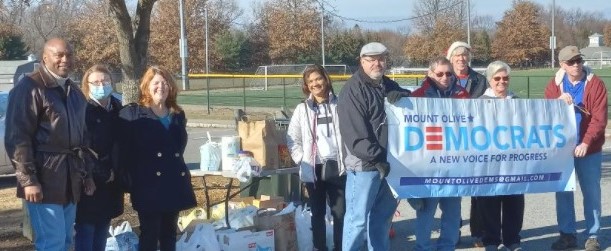Meet Farmer Margaret
By Marlaina Cockcroft
It’s Margaret Noon’s 10th season running School Lunch Farm, but she’s not sure people in town know it. “People still say, ‘I had no idea you were there, I didn’t know there was a farm over there,’” she says. So she’d like to introduce herself.
Noon will talk about her Mount Olive farm, as well as the benefits of joining a CSA program and eating organic produce, during a presentation at 7 p.m. April 7 hosted by the Mount Olive Democrats.
School Lunch Farm, located at 69 Stephens State Park Road off Route 46, offers most of its produce through its community-supported agriculture (CSA) program. CSA members pay an up-front fee before the growing season begins, then pick up a set share of produce every week during the season.
The certified organic farm grows “pretty much everything you can think of,” Noon says, including eggplants, kale, chard, potatoes, onions, scallions, cabbage and 12 types of tomatoes, as well as herbs, flowers and some fruit.
Local Mount Olive members pick up their share at the farm. Others can get their share either at the farm or at delivery sites including the Secaucus Recreation Center, the Morristown Unitarian Universalist Fellowship, the Ethical Culture Society in Maplewood and NJIT in Newark (new for this year).
Noon says the CSA model was developed to protect small farms. “The idea is that you pay ahead of the season to help the farmer.” She’s heard that some farmers take out short-term loans at the beginning of every season to pay for their materials, “because you have no money coming in until after you harvest.” With a CSA, the money is already there to pay staff and buy equipment and supplies. “All loans are dangerous in farming, because if you have a bad season, how do you pay it back?”
Getting organic certification for a farm isn’t as hard as people think, she says. She couldn’t apply nonorganic materials to the property for three years, and she must keep records of her farming practices — what products she uses, whether she’s rotating the crops — and submit to inspections. “Certified organic farms are really the only farms that are inspected for the way they grow,” she says.
Noon came to farming after 20 years working as a creative director in advertising. She left to go to cooking school, then got involved in the slow food movement, which connects local people and restaurants to farmers. That led her to think about launching her own farm.
When the Stephens State Park Road property came up for auction, she took the leap, because she thought the 70-acre property was well located near a major highway. She started the farm right away, without infrastructure. “We were putting up the greenhouses ourselves,” she says.
She grows on about 20 acres, including products like hay, but the food is grown on 3 acres. Noon says, “You can produce a ton of food in 3 acres.”
Four years seems to be the make-or-break point for new farms, she says, noting that she’s seen farms launched after hers that are already gone. It’s a big decision and a lot of work.
The farm doesn’t have a stand, mainly relying on the CSA and supplying produce to restaurants and co-ops. Noon says she used to do farmers’ markets, but they’re tough. “You have to be in a great market, or you can go there and lose money.” If it rains, for instance, no one shows up.
She also donates up to 10,000 pounds of food a year to area food pantries and other places. “I’m not doing this to get rich. I’m doing this because I believe in providing people with healthy food.”
And the farm has loyal customers. “I’ve had some people with me since I started. And that’s really nice.” Sometimes, she says, her produce is the first solid food that a baby eats. “That’s pretty cool when that happens.”
For more info, see schoollunchfarm.com.





